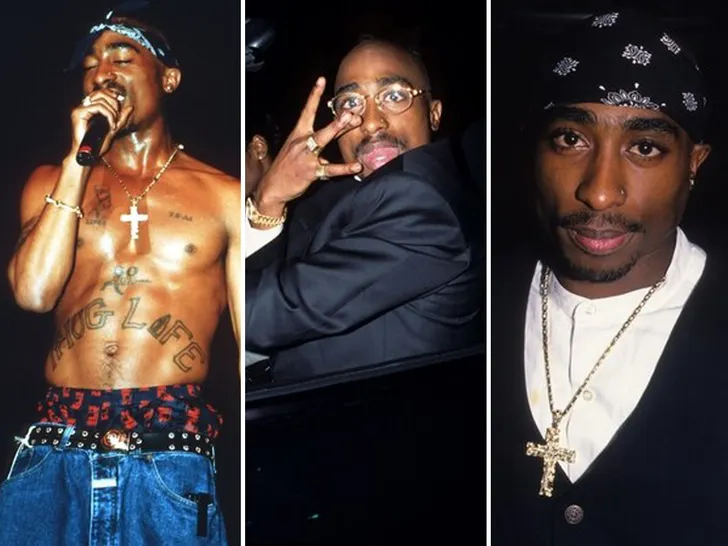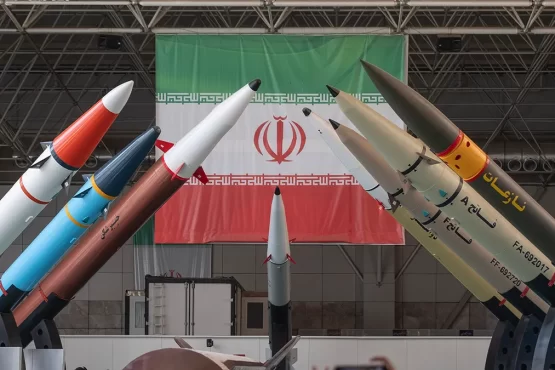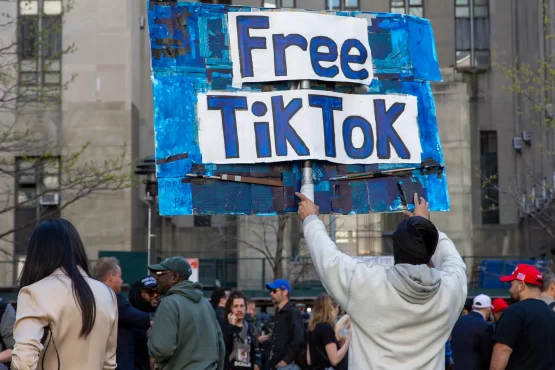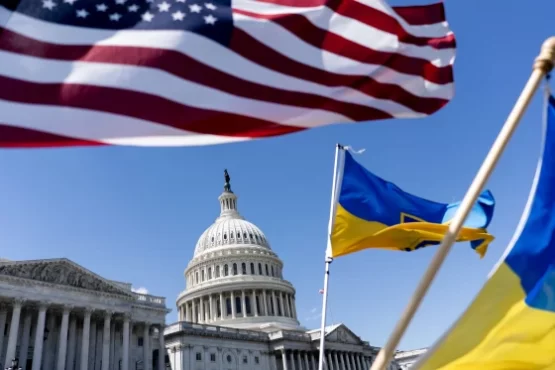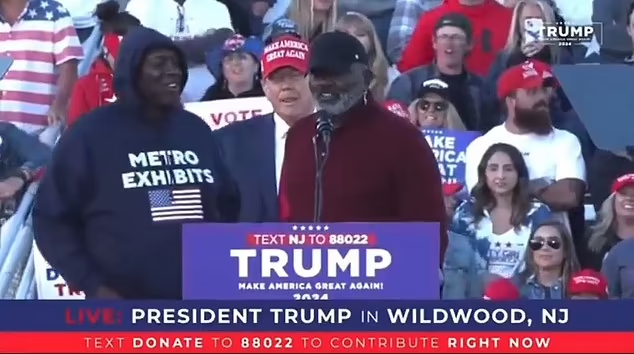In a recent development, attorneys representing Tupac Shakur’s estate have sent a strongly worded letter to rapper Drake, criticizing his use of Pac’s voice in a diss track aimed at Kendrick Lamar.
The estate has given Drake a 24-hour ultimatum to remove the song and provide details on the information fed to the AI generator used to create the track.
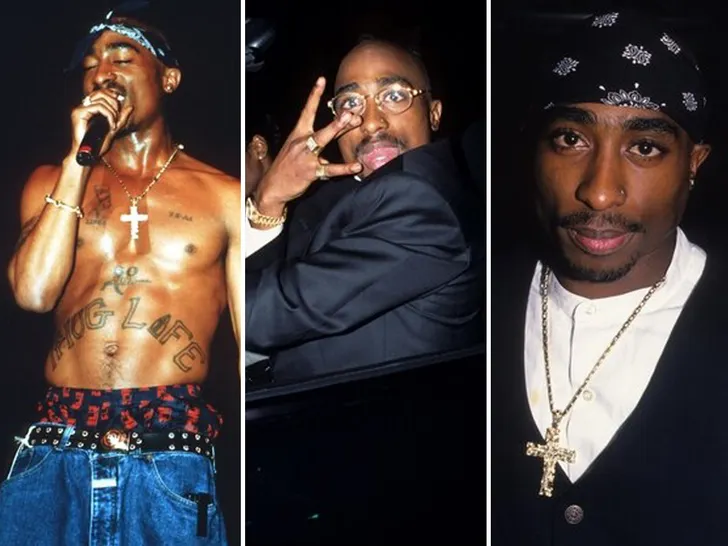
The demand for an explanation of the AI process is particularly noteworthy, as it suggests that Tupac’s camp is taking proactive measures to understand and potentially prevent future attempts to mimic the late rapper’s voice using artificial intelligence.
Drake, in an apparent effort to avoid legal repercussions, seems to be cooperating with the estate’s demands and taking the necessary steps to resolve the issue.
This prompt response may have helped avert a potential AI crisis.
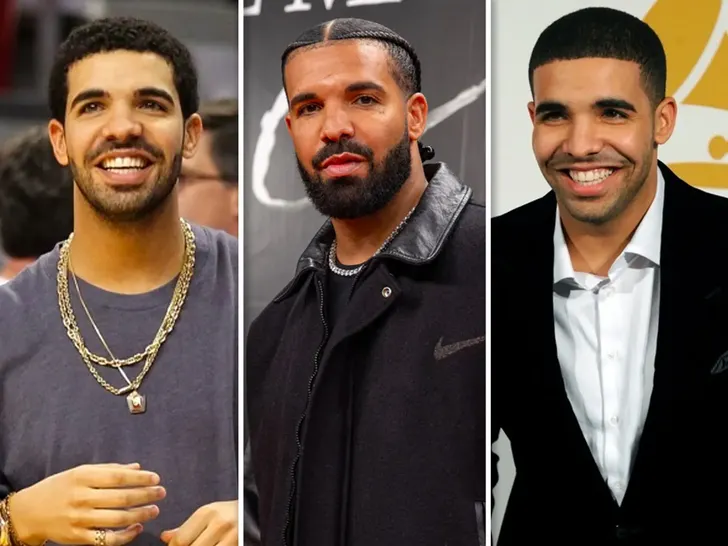
The incident highlights the growing concerns surrounding the use of AI-generated content, particularly when it involves the likeness or intellectual property of deceased individuals.
As AI technology continues to advance, it is likely that similar controversies will arise, prompting the need for clearer guidelines and regulations in this rapidly evolving landscape.
For now, it appears that Drake’s swift action has helped to defuse the situation, but the incident serves as a reminder of the complex legal and ethical questions that arise when AI is used to recreate the voices and personas of iconic figures like Tupac Shakur.

